Other Colors was conceived around the themes of the exhibition Tradu/izioni d’Eurasia Reloaded which was on display at MAO Museo d’Arte Orientale, Turin, April 12-September 1, 2024. The exhibition narrated the journey of art, culture, traditions, and language from East Asia to the Mediterranean (and back), focusing on color. An important reference for the exhibition was the 1903 publication Color Problems by Emily Noyes Vanderpoel, a comprehensive handbook of color theory and practical advice on the use and application of color in art, decoration, and fashion. With these reflections on aesthetics in mind, the screening and artist talk took color and color symbolism as a starting point for unlearning orientalist, racist, and othering color systems and imagining an aesthetic that leads to new social meanings.
Art historian and curator Hannah Jacobi (mohit.art) invited Collective for Black Iranians (CBI), the archive Parking Video Library (PVL), and Shur Collective to contribute videos and films for the screening program.
Other Colors was commissioned by MAO and was first screened in frame of Tradu/izioni d’Eurasia Reloaded in Turin on July 4, 2024, and was streamed live on www.mohit.art. We are delighted to be able to show the program again online for three days! The occasion is the launch of the recording of the artist talk with Priscillia Kounkou Hoveyda for CBI, Amirali Ghasemi for PVL, and Shokoufeh Eftekhar and Zolfar Hassib for Shur Collective. Moderated by Hannah Jacobi.
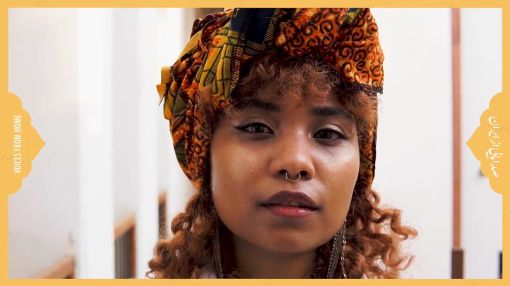

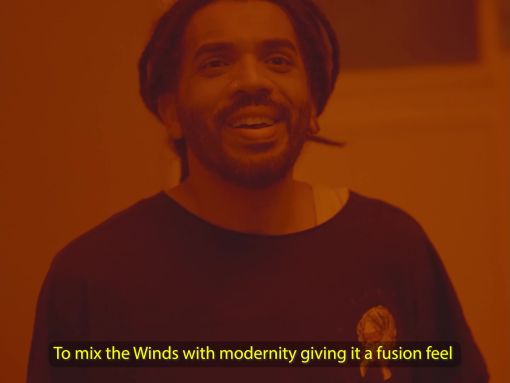
Collective for Black Iranians (CBI) produces creative and critically conscious content that proposes an Iranian culture fully at its Black and African intersections. For Other Colors, the collective will present a series of micro and short films that weave black Iranian narratives to resist racial erasure and write, Siyah Zibast, Black is Beautiful.
Spirits of the Winds by Priscillia Kounkou Hoveyda, 2023, 1:40 min.
Black Pearl by Ebrahim Albo, 2022, 1:56 min.
First Time My Family Met Me by Priscillia Kounkou Hoveyda, 2021, 2:06 min.
Black Pearl: Mr. Razmi by Ebrahim Albo, 2021, 2:17 min.
Voices from Home: Hosna by Hosna Nasimi, 2021, 0:55 min.
Voices from Home: New Year in the South by Pegah Bahadori, 2021, 0:47 min.
Voices from Home: Melika by Melika Khorsandipor 2022, 0:45 min.
Black Is Beautiful 1 by Sarah Farajzadeh 2021, 3:42 min.
Black Is Beautiful 2 by Sarah Farajzadeh, 2021, 1:01 min.

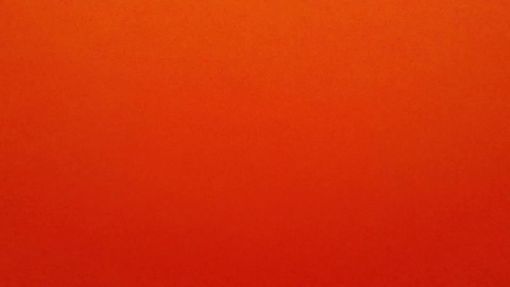
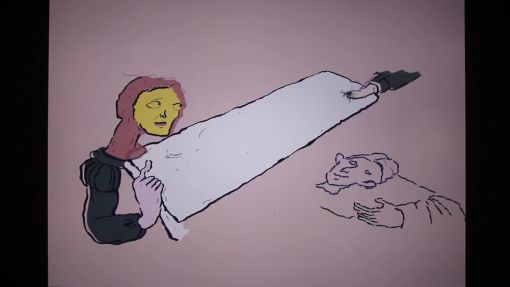
Parking Video Library (PVL, Tehran/Berlin) is an archive of moving image and video art from the 1980s to the present. PVL’s Bahar Ahmadifard and Amirali Ghasemi curated the collection Towards Colorlessness: in the five short films presented, vibrant colors give way to stark monochromatic expressions that shift to muted tones and end in a female introspection where color is reduced to the beiges of a kitchen floor to be cleaned. Towards Colorlessness encapsulates this fading transition while addressing pressing social, environmental, and therefore political grievances.
Kaleidoscope by Martin Shamoonpour, 2011, 3:12 min.
GPS by Morteza Soorani, 2017, 2:34 min.
A Soft Revenge by Mansoore Ghasemi, 2023, 0:40 min.
Where Are the Potter, Seller, Buyer? by Mansoore Ghasemi, 2023, 0:39 min.
The Hours by Hoda Amin, 2016, 2:25 min.
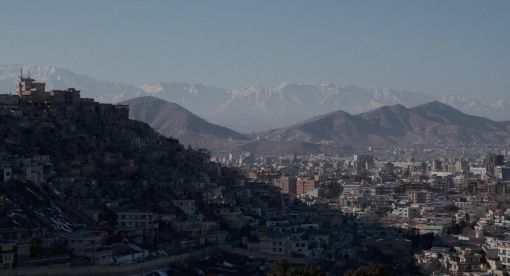
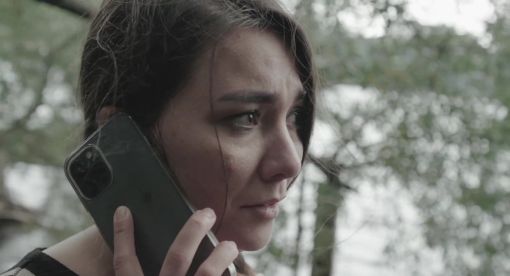
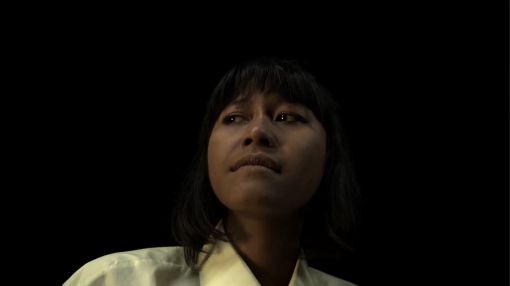
Shur Collective brings together PoC queer-feminist, interdisciplinary artists and activists who, coming from diverse backgrounds, share a common political perspective through art, space, and interaction. In their articulation of Other Colors, De-Humanization, Shur Collective brings the impact of human emotions to the forefront: “Dehumanization” deprives people of empathy and distances them from their emotions. Whatever happens to the Other does not evoke an emotional response. By removing the “de,” “humanization” means restoring the emotions and empathy inherent in being human. This recurring theme of reconnecting with human emotions is evident in the films selected, which range from Kabul to Berlin.
Hills & Mountains by Salar Pashtoonyar, 2022, 8:04 min.
Berlin Kabul by Frishteh Sadati and Lin Xin, 2021, 10:27 min.
Fiktionsbescheinigung by Shokoufeh Eftekhar, 2023, 7:23 min.